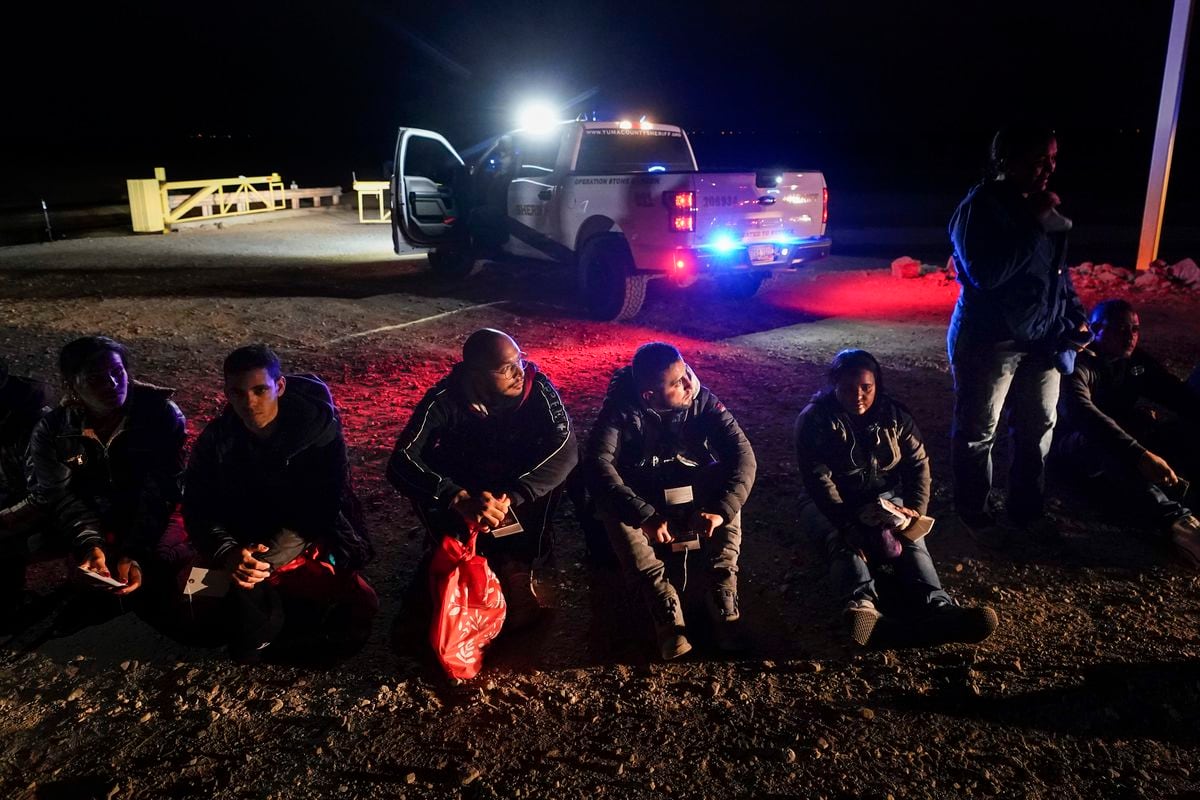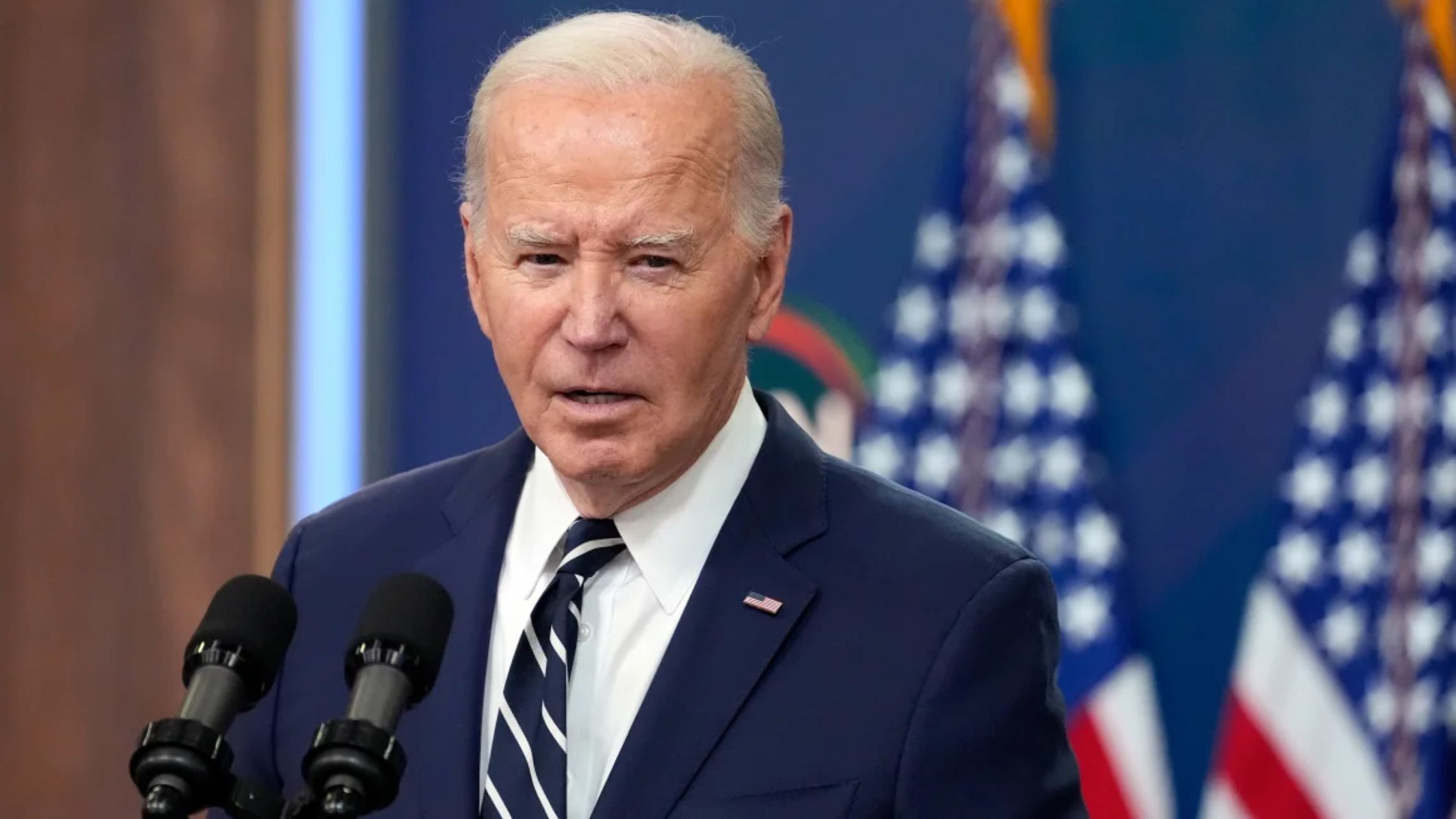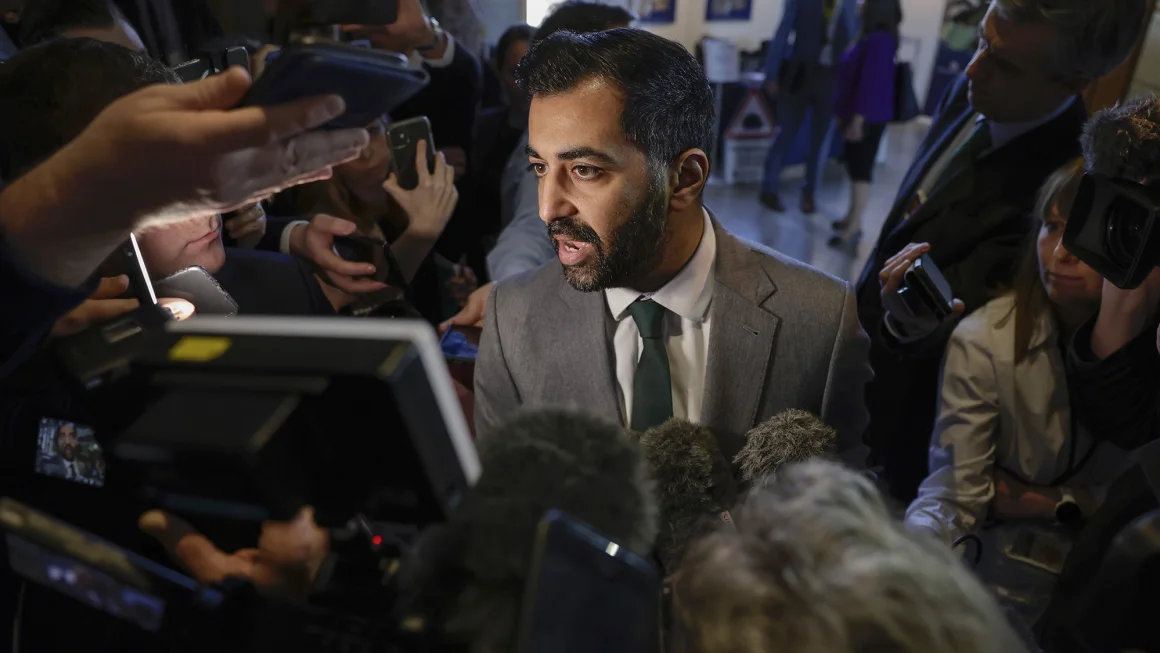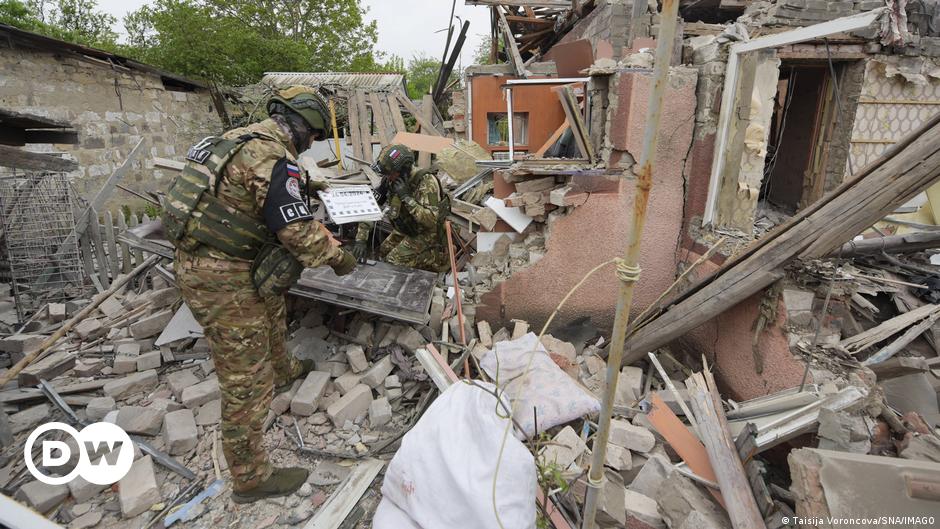Biden is tightening his border management, making it harder for asylum seekers to reach the US | international

On Tuesday, Washington unveiled the outlines of a plan aimed at limiting the arrival of illegal immigrants into the United States. President Joe Biden’s government is tightening border management by imposing restrictions on third-country nationals arriving in the United States seeking asylum. Only those who request it from their countries of origin or countries of transit will be able to do so, in line with requirements put forward by the administration at the start of 2023. The Democratic president’s plan, which is expected to be in effect over two years from next March, sparked Much criticism by human rights organizations.
the LimitAnnounced jointly by the Departments of Homeland Security and Justice, this Tuesday, it aims to motivate tens of thousands of immigrants to take “a legal path or seek asylum or protection in the countries through which they travel.” If they do not, the people will not be eligible to be allowed into the country, the administration notes. This argues that the initiative aims to reduce immigrants’ reliance on people smuggling groups and reduce the flow of people reaching the border with Mexico, an issue that has been contentious for Biden in the election.
“We are promoting the availability of a safe, orderly and legal path for them to reach the United States, and at the same time, we are proposing new consequences for those who do not resort to the measures offered by the state and its allies in the region,” confirmed this Tuesday in a statement by Alejandro Mayorkas, the head of internal security of the executive branch.
In January, the official reported that the Customs and Border Control Bureau (CBP) launched an app that receives all asylum applications from citizens who wish to enter the country. The digital form must be filled out in the country of origin before making the trip to the North. President Biden then made it clear that if entry is denied or an attempt is made to travel illegally, people will be sent back to Mexico and will not be able to participate in the program again. They will also be banned from entering the United States for five years.
The plan, which supports a “refutable presumption” for asylum seekers, was made provisional on Tuesday, when it was published in the government’s official gazette. During the next 30 days, he will be able to receive feedback from the public and the various institutions responsible for putting the immigration policy of the United States into practice.
The measure has also become a tool for controlling the flow of immigrants for Washington, which on May 11 will end Title 42, a rule that allowed it to quickly expel more than two million people (thousands of whom were asylum seekers) who reached the border during the health emergency.
Join EL PAÍS to follow all the news and read without limits.
Participate
However, the rule already has many critics, who see it as a complete veto of the right to asylum. One of them is the well-known Civil Liberties Union (ACLU, in English). Describing it as a new attack on the rights to seek protection and security in the United States, the organization said, the country shaped by welcoming the oppressed in other nations.
Amnesty International’s Washington office has followed suit. The human rights organization considered that “the plan undermines the human right to asylum.” “This new veto on asylum would prevent the protection of anyone who has not applied for asylum while transiting through third countries,” a statement read. Amnesty compares Biden’s move to similar bans that the Trump administration wanted to impose in 2019, but was unable to do so because a federal appeals court blocked it from doing so. The American Civil Liberties Union has threatened legal action if Biden agrees to his plan.
The administration has defended some of the measures it has taken to discourage regional migration. In January, it imposed restrictions on citizens of Venezuela, Cuba, Haiti and Nicaragua trying to arrive. After the Jan. 5 announcement, average weekly access rose from 1,200 citizens of those countries to just 35 by the end of the month, down 97%. “Confrontations (concerns) remained at a very low level throughout the month of February,” according to the Department of Homeland Security. Instead, the administration said it had given the green light to 26,000 people. Nearly 34,000 Venezuelans have arrived in the United States since October 2022, when a program ordering migration north was launched.
Follow all international information on Facebook And Twitteror in Weekly newsletter.

“Bacon advocate. Certified creator. Twitteraholic. Tv junkie. Beer fanatic. Internet nerd. Passionate thinker. Reader.”







